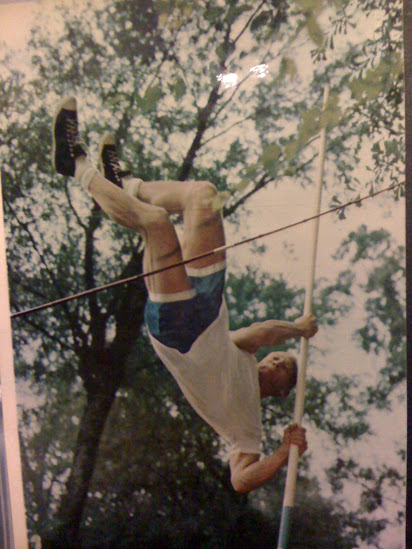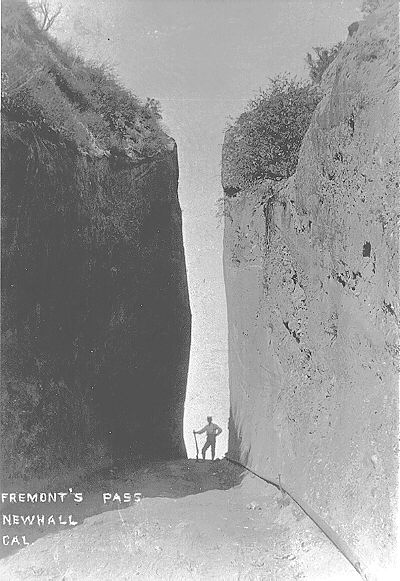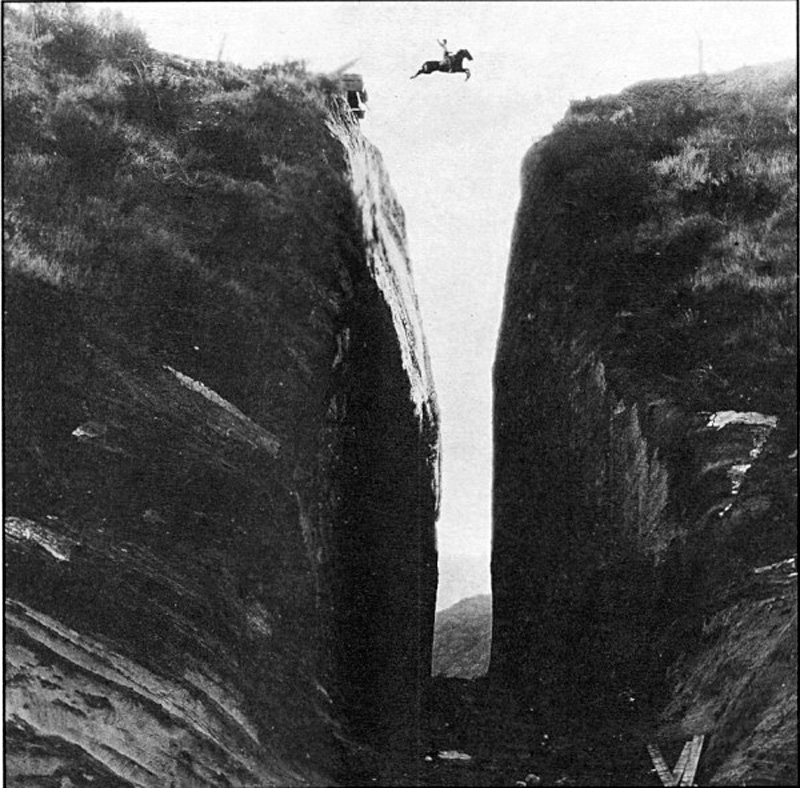One gig, guys! Bassist Mike Watt and rock scribe Richard Meltzer's vision finally realized 27 years after the tragic death of D Boon.
The choicest nuggets from the above article-
Having moved from New York to Los Angeles some-years earlier in the mid-70's, Meltzer found himself anchored to his beloved L.A. punk scene. For him, L.A. punk, not New York punk, was the shit.
"I moved out of New York in '75; I was 30," reflects Meltzer. "I felt like I used (N.Y.) up. I lived it - been there, don't that. I ate it up. I moved to L.A. and I used it up in like ten minutes. But it took me longer to get out. I never cared to pretend they (New York) had a scene. The Dictators, who were kind of a pre-punk N.Y. band, who I'm still in touch with and who are friends of mine, weren't really punk. The stuff like Blondie, I never thought it was punk. Talking Heads weren't punk. Maybe Richard Hell was punk. I liked Lydia Lunch. To me, that scene was very overhyped, overrated. They had a bunch of very lightweight bands, who were part of what was considered New York hardcore. I never got along with Richard Hell. I thought he was a putz. But as far as his music (goes), it's alright.
"I was going to shows like four, five nights a week, wherever shows there were...X, Germs, Weirdos, Screamers. It was an audience of maybe 200 people who would go to most of the shows. It was a scene that didn't give a hoot about the mainstream market for this stuff. It was a vibrant scene for a while. L.A., to me, which is the cesspool of the universe; the punk scene was its only redeeming feature.
Meltzer also recalls the demise of L.A. punk. "It wasn't until I.R.S. Records signed some local bands like Wall of Voodoo and the GoGo's that everybody suddenly smelled the possibility of money in it. That turned everything bad, I think. GoGo's used to wear lampshades on their heads. Then were asked by I.R.S. ‘How would you like to become an ordinary girl group?' They thought ‘Fine, let's do it.' After that everything went to hell."
With the gig-going Meltzer ingrained in L.A. punk, it was inevitable that Boon and Watt's paths would cross with the iconoclastic VOM front-man and writer. "This is back in '78. '79 or '80," says Meltzer. "I was in L.A. and had a punk rock show. I was aware of them (Minutemen) already. They had a few records out. Then Mike Watt-we had not met yet - sent me some vinyl and asked me what I thought of it. ‘Is this any good? Are we full of shit?' Please tell me,' asked Watt. Following that, we kinda became friends."
Meltzer was instantly sold on the Minutemen's jam econo aesthetic. "They were just so unassuming; they were just folks," he says about the trio. "They never postured. They never wanted to be celebrities in any way. They didn't dress or talk like celebrities. They were just genuine with everybody and the music didn't feel like the traditional lyric that most bands still do and they weren't going to do. They wrote things on a napkin and it became a song, especially when they were doing short things. I just thought ‘Great. There's no need to play these long jams and solos.' Everything they did was just so basic, and at all times, real."
Meanwhile, Meltzer had soured on the rock-writing, having penned shit-tons of reviews since the mid 60's. He invented the singular phraseology for rock criticism, until the template was deconstructed. "I was certainly one of the first two or three (critics)," Meltzer says. "It was very free-form at first. What is a record review? It was yet to be determined. In 1966 and '67, there was no style sheet on what a record review was. Then Rolling Stone comes in and the record companies insist on writing on a dotted line so they can sell records. (They said) ‘Write clearly about this record and you'll be paid well to say good things about it'."
Ironically, one of the last critiques Meltzer wrote was of a Minutemen disc. "That (1982's Bean Spill EP) was one of the last rock reviews I ever did. I would still write about shows once in a while and the scene. But I didn't write about the Minutemen after that," remembers Meltzer. Watt, in hopes of a Meltzer review, sent him the record. "I did send'em the Bean Spill EP and sure enough (I wrote) ‘Here it is, man, it came out,'" says Watt. "In the review, he called us ‘scientist rock.' I used that in a song. I think ‘History Lesson - Part II.' I put it in there and it's a direct quote from him."
As an SST Records devotee (Meltzer professes his love for Black Flag, too), he was witness to his fair share of Minutemen gigs and one in particular stands out. "I saw a really great show they did in the Mojave Desert. This long, long bus ride out to the desert. As soon as we get there, Minutemen were already set up but everybody had to piss. The first several minutes of the show was everyone pissing in a circle around the stage. It was terrific."
"I moved out of New York in '75; I was 30," reflects Meltzer. "I felt like I used (N.Y.) up. I lived it - been there, don't that. I ate it up. I moved to L.A. and I used it up in like ten minutes. But it took me longer to get out. I never cared to pretend they (New York) had a scene. The Dictators, who were kind of a pre-punk N.Y. band, who I'm still in touch with and who are friends of mine, weren't really punk. The stuff like Blondie, I never thought it was punk. Talking Heads weren't punk. Maybe Richard Hell was punk. I liked Lydia Lunch. To me, that scene was very overhyped, overrated. They had a bunch of very lightweight bands, who were part of what was considered New York hardcore. I never got along with Richard Hell. I thought he was a putz. But as far as his music (goes), it's alright.
"I was going to shows like four, five nights a week, wherever shows there were...X, Germs, Weirdos, Screamers. It was an audience of maybe 200 people who would go to most of the shows. It was a scene that didn't give a hoot about the mainstream market for this stuff. It was a vibrant scene for a while. L.A., to me, which is the cesspool of the universe; the punk scene was its only redeeming feature.
Meltzer also recalls the demise of L.A. punk. "It wasn't until I.R.S. Records signed some local bands like Wall of Voodoo and the GoGo's that everybody suddenly smelled the possibility of money in it. That turned everything bad, I think. GoGo's used to wear lampshades on their heads. Then were asked by I.R.S. ‘How would you like to become an ordinary girl group?' They thought ‘Fine, let's do it.' After that everything went to hell."
With the gig-going Meltzer ingrained in L.A. punk, it was inevitable that Boon and Watt's paths would cross with the iconoclastic VOM front-man and writer. "This is back in '78. '79 or '80," says Meltzer. "I was in L.A. and had a punk rock show. I was aware of them (Minutemen) already. They had a few records out. Then Mike Watt-we had not met yet - sent me some vinyl and asked me what I thought of it. ‘Is this any good? Are we full of shit?' Please tell me,' asked Watt. Following that, we kinda became friends."
Meltzer was instantly sold on the Minutemen's jam econo aesthetic. "They were just so unassuming; they were just folks," he says about the trio. "They never postured. They never wanted to be celebrities in any way. They didn't dress or talk like celebrities. They were just genuine with everybody and the music didn't feel like the traditional lyric that most bands still do and they weren't going to do. They wrote things on a napkin and it became a song, especially when they were doing short things. I just thought ‘Great. There's no need to play these long jams and solos.' Everything they did was just so basic, and at all times, real."
Meanwhile, Meltzer had soured on the rock-writing, having penned shit-tons of reviews since the mid 60's. He invented the singular phraseology for rock criticism, until the template was deconstructed. "I was certainly one of the first two or three (critics)," Meltzer says. "It was very free-form at first. What is a record review? It was yet to be determined. In 1966 and '67, there was no style sheet on what a record review was. Then Rolling Stone comes in and the record companies insist on writing on a dotted line so they can sell records. (They said) ‘Write clearly about this record and you'll be paid well to say good things about it'."
Ironically, one of the last critiques Meltzer wrote was of a Minutemen disc. "That (1982's Bean Spill EP) was one of the last rock reviews I ever did. I would still write about shows once in a while and the scene. But I didn't write about the Minutemen after that," remembers Meltzer. Watt, in hopes of a Meltzer review, sent him the record. "I did send'em the Bean Spill EP and sure enough (I wrote) ‘Here it is, man, it came out,'" says Watt. "In the review, he called us ‘scientist rock.' I used that in a song. I think ‘History Lesson - Part II.' I put it in there and it's a direct quote from him."
As an SST Records devotee (Meltzer professes his love for Black Flag, too), he was witness to his fair share of Minutemen gigs and one in particular stands out. "I saw a really great show they did in the Mojave Desert. This long, long bus ride out to the desert. As soon as we get there, Minutemen were already set up but everybody had to piss. The first several minutes of the show was everyone pissing in a circle around the stage. It was terrific."
R. Meltzer and VOM don't get their just dues as often as their counterpart band, the Anrgy Samoans, so I was stoked to see Watt give them the nod-
Richard moved to Los Angeles the early days of the punk scene and he was in a band called VOM. We got to see gigs and he was with the Angry Samoan guy Gregg (Turner). He also had a radio show called Hepcats from Hell on KPXK, a Pacifica station. He had a show that would be on Saturday nights from midnight on and stuff and I was hearing'em there. Lo and behold, we got to meet him but it was through the punk scene becuz he was way in it."
Thankfully, the magical internet repository gods have blessed us with this series of brilliant, yet criminally obscure, VOM music videos. Parts of this look as if it was shot in El Segundo right in front of the Standard Oil Refinery, which makes this the second time the Standard Oil Refinery has come up within the history of L.A. punk. The more notable event occurred when Black Flag played there in 1979, which resulted in them almost getting killed by oil roughnecks. Yeah, no shit.
A digest of youtube comments from alternate versions of the above sheds a little more light on this video-
I've been looking for a copy of this for years. That's me playing guitar with long hair. The last time I saw this was at the screening in Richard Cases apartment on Kingsley Drive back in 77. We also shot scenes at the Long Beach Pike and in Pointe Dume in Malibu.
squintchy 3 years ago




















































